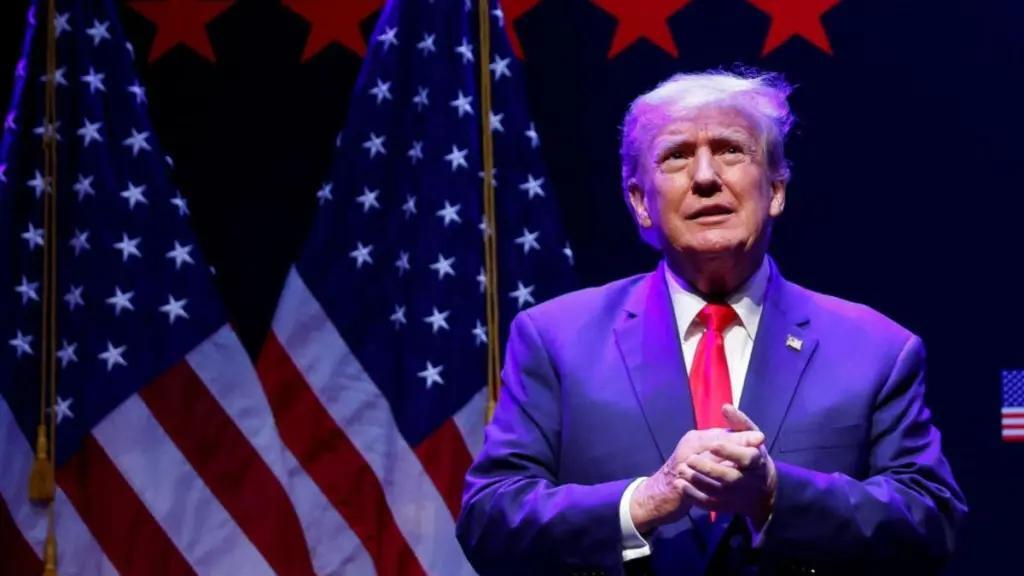
Donald Trump Exempts Smartphones & Computers from Reciprocal Tariffs
In a move that has sent shockwaves through the tech industry, United States President Donald Trump has excluded smartphones, computers, and other electronic items from the reciprocal tariffs imposed on Chinese goods. According to a Customs and Border Patrol notice, the exemption applies to a range of electronic products, including laptops, tablets, and smartphones, as well as computer components and peripherals.
The decision comes amid growing concerns from tech giants, including Apple, that the tariffs imposed by Trump could lead to significant price increases for consumers. Many of these products are manufactured in China, and the tariffs would have added a hefty 125% surcharge to their prices.
The reciprocal tariffs were imposed by Trump in an effort to address the significant trade deficit between the US and China. The tariffs aim to level the playing field for American manufacturers and farmers, who have long complained about the unfair trade practices of Chinese companies.
However, the tech industry has been vocal in its opposition to the tariffs, citing concerns about the impact on consumers and the economy. In a statement, Apple warned that the tariffs could lead to higher prices for its products, including iPhones, MacBooks, and iPads.
“Tariffs are taxes, and these taxes will be paid by American consumers and businesses,” said Apple. “We urge the administration to consider the unintended consequences of these tariffs and the impact they will have on American families and businesses.”
Other tech companies, including Google and Microsoft, have also expressed concerns about the tariffs. In a statement, Google warned that the tariffs could “harm American consumers and businesses” and “undermine the global economy.”
The exemption for electronic products is seen as a significant win for the tech industry, which has been lobbying hard for relief from the tariffs. The industry had argued that the tariffs would not only increase prices for consumers but also harm American companies that rely on Chinese components and manufacturing.
The exemption is also seen as a sign that the Trump administration is willing to listen to concerns from the tech industry and make adjustments to its trade policies. In recent months, the administration has faced criticism for its handling of trade negotiations with China, with many arguing that the tariffs are not being used effectively to address the trade deficit.
The exemption for electronic products is effective immediately and applies to all products that are classified under the Harmonized System (HS) chapters 84, 85, and 90. These chapters include a range of electronic products, including smartphones, laptops, and tablets, as well as computer components and peripherals.
In a statement, the US Customs and Border Protection agency said that the exemption was made in response to requests from industry stakeholders and was intended to ” minimize the impact of the tariffs on American consumers and businesses.”
The decision is seen as a significant victory for the tech industry, which has been fighting hard to avoid the tariffs. However, the exemption is also seen as a sign that the trade tensions between the US and China are far from over.
As tensions continue to escalate, it is unclear what the future holds for trade relations between the two countries. One thing is certain, however: the exemption for electronic products is a major win for the tech industry, and a sign that the Trump administration is willing to listen to concerns from industry stakeholders.






